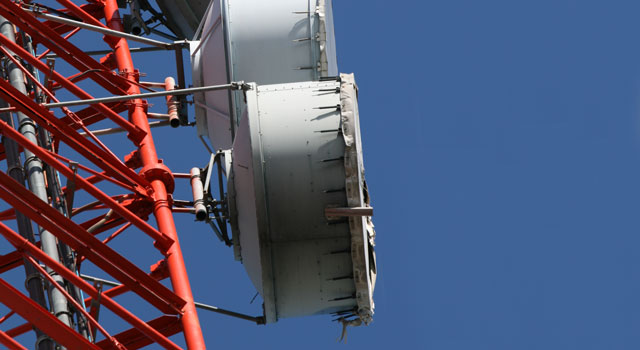
Vodacom has settled a longstanding dispute with the Independent Communications Authority of South Africa (Icasa) over suggestions that the mobile operator owed the telecommunications regulator more than R77m in unpaid fees for the use of radio frequency spectrum.
However, the terms of the settlement are “confidential”, says Vodacom spokesman Richard Boorman. “The matter has been closed by mutual agreement between the parties,” he confirms. An Icasa spokesman could not immediately be reached for comment.
Vodacom was one of a number of entities, including the South African National Defence Force, that Icasa accused of failing to pay spectrum fees owed.
Icasa chief financial officer Clarinda Simpson was quoted in the Cape Times earlier this week as saying in parliament that licensees owed it R377m in unpaid spectrum fees, with the defence force alone making up R139m of that amount.
Earlier this year, Icasa raided multiple premises belong to iBurst parent Wireless Business Solutions, seizing telecoms equipment and alleging that millions in unpaid fees were outstanding. That matter is now before the high court, with a judgment expected soon.
In May, the Sunday Times reported that Vodacom was mounting a legal challenge against Icasa over its claim that it was owed R77,8m by the mobile operator. The newspaper suggested that Icasa was keen to settle the issue to avoid being embarrassed in court.
The dispute between the parties had its genesis in 2010, when Icasa published new spectrum fee regulations that were due to come into force on 1 April 2011. The new regulations were meant to level the playing field between Telkom and the mobile operators, which were paying significantly more than the fixed-line incumbent for access to spectrum that could be used for wirelessly connecting base stations using microwave signals.
Icasa then attempted to postpone the introduction of the new regulations by a year, prompting Vodacom to warn that the postponement was unlawful and would not stand up in court.
For Vodacom, the difference in fees between the old spectrum regulations and the new ones reportedly amounted to R77,8m, an amount the operator reportedly refused to pay, arguing that the money was not owed as the new regulations had already come into effect. — (c) 2013 NewsCentral Media




